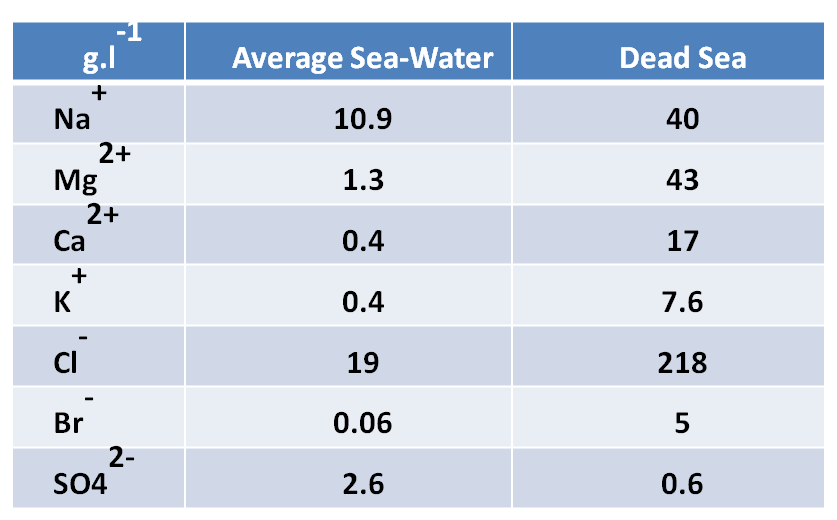I'll add a bit about the name:
In Biblical Hebrew (and to a large degree in modern Hebrew), the word for sea is "yam" (ים), which doesn't have the modern meaning of a roughly defined area that is part of the larger ocean system. Instead, it basically means "a large body of water". There four "seas" in this region. "Yam Hamelah/Hamavet" ("sea of the salt/dead" ים המלח/מוות), "Yam Kinneret" (sea of galilee ים כינרת), "Yam
Soof/Hayam Ha'adom" (sea of reed/the Red Sea ים סוף/הים האגום) and just "Yama" ("to the sea" ימה), literally means "west", referring to the Mediterranean Sea.
The word for lake, "agam" (אגם), was used only for small seasonal ponds.
The biblical usage for the "seas" remained in modern Hebrew, but whenever we refer to any other inland bodies of water elsewhere in the world, we actually use "agam" and not "yam".
So in summary, it's called a sea because of historical and linguistic reasons, not because of any geographical or morphological features.
